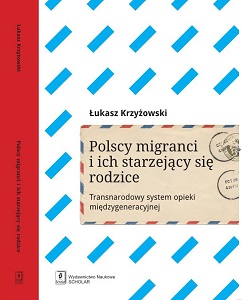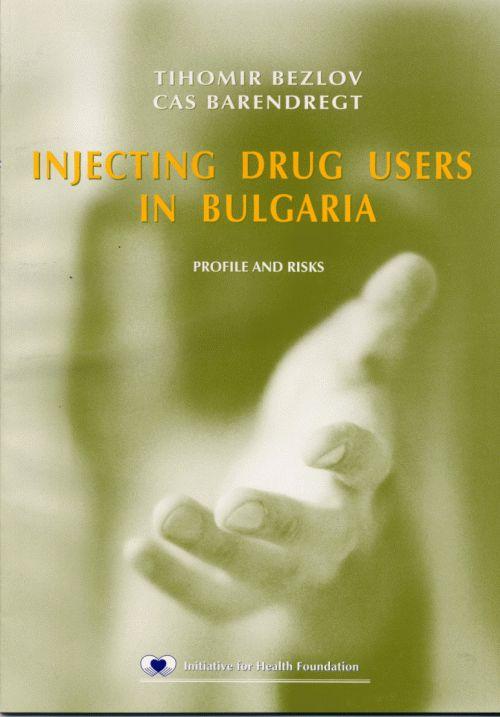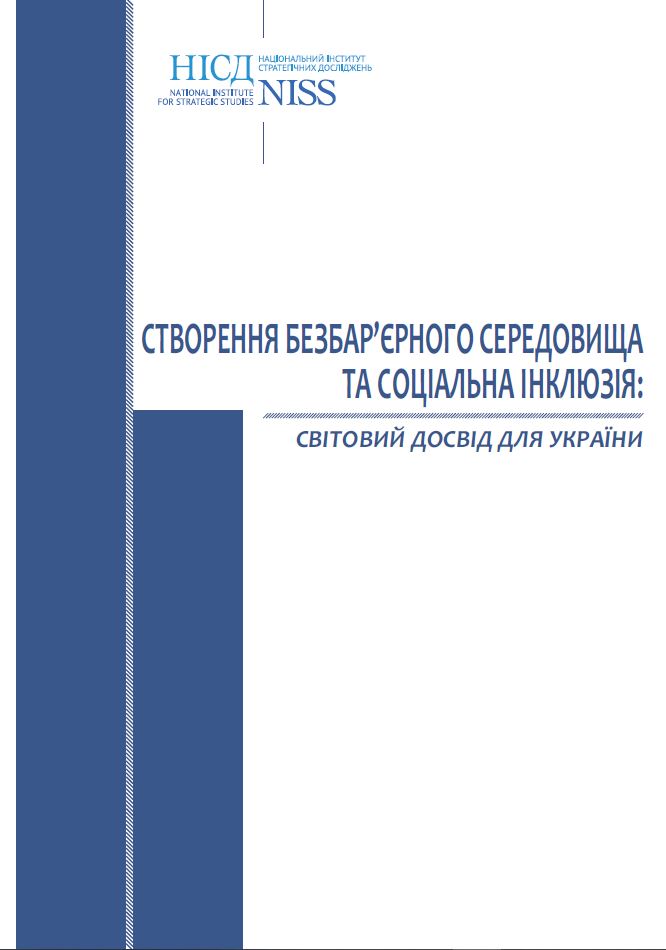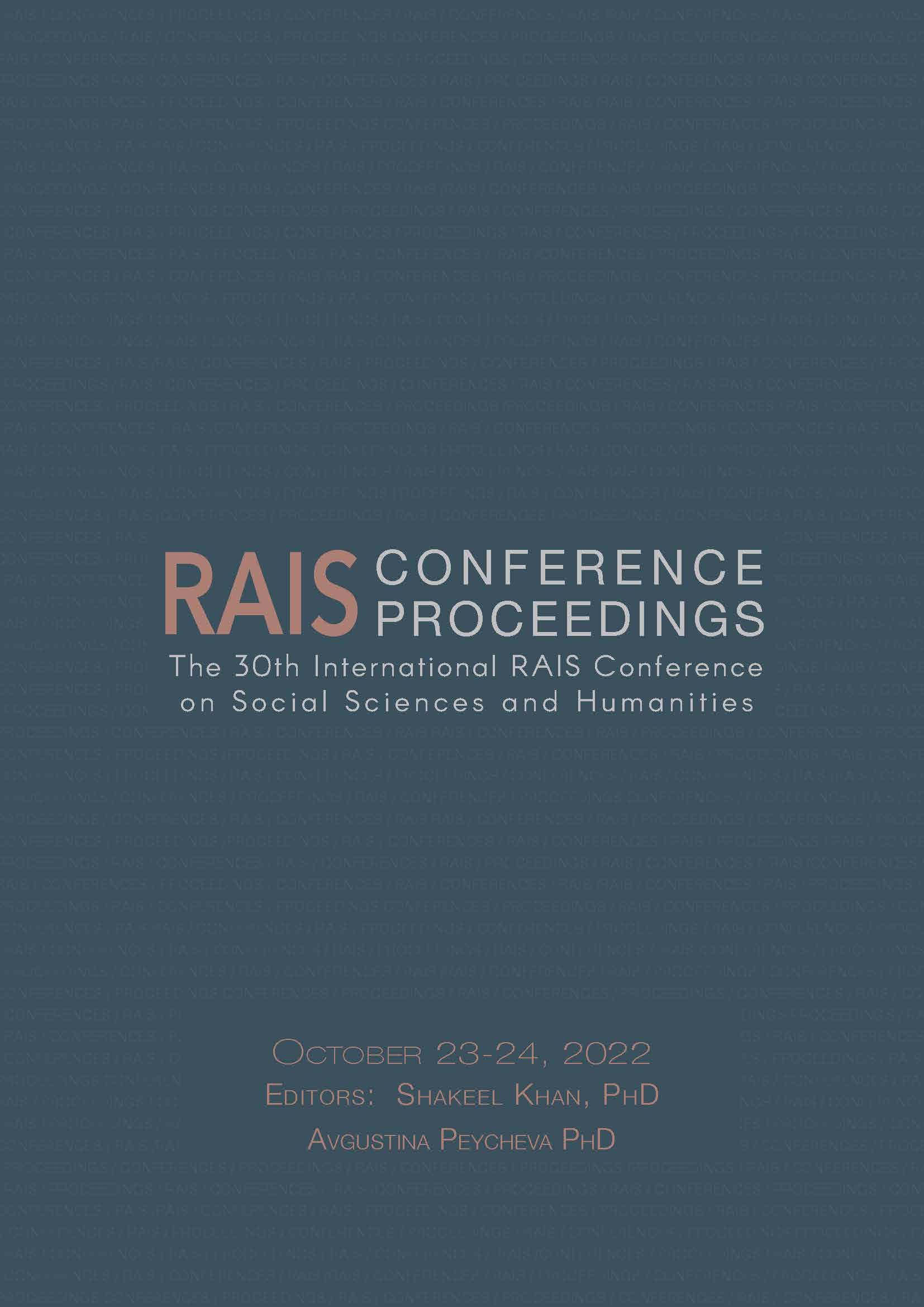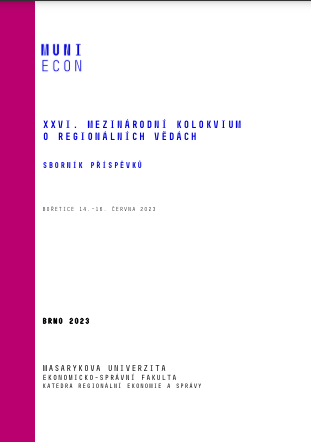Author(s): Metin Gani Tapan / Language(s): Turkish
Publication Year: 0
The motivational interview approach, which has its origins in the humanist movement: accepts that the key point that can reveal the client's latent potential is the form of cooperation, respect and empathic relationship between the interviewer and the client. At the same time, it is emphasized that the client's attitudes and behaviors are accepted as they are, and an approach with compassion rather than criticism is important for change. On the other hand, it is considered that it is more beneficial to emphasize cooperation throughout the process rather than judgmental statements or an expert approach in mobilizing and encouraging the client for change. In the motivational interview intervention, it is important for the client to participate in the change process, that is to attract their attention. It is recommended to make joint planning and decision-making for change after the interviewer shows empathetic reactions that can activate the client throughout the process. The planning process requires setting clear goals for change, identifying possible options, choosing the most appropriate, and showing commitment to the plan by both the interviewer and the client. Reflecting with positive feedback and a supportive approach can be beneficial when clients experience indecision during the change process. Considering the dignity and worth of the individual in the professional intervention process, focusing on the importance of human relations, one of the basic values of the social work profession, is considered important in terms of professional qualifications and ethics. In this context, it is understood that the basic values of social work are directly compatible with the titles of partnership, acceptance, compassion and association, which are accepted as the spirit of motivational interviewing. Because of these similarities, motivational interview approach continues to be used in social work practices: addiction treatment and rehabilitation, school social work, forensic social work and child protection services. In this direction, the aim of the study is to explain the definition of motivational interview, evaluation of spirit components and application steps and how it can be reflected in social work practices.
More...


